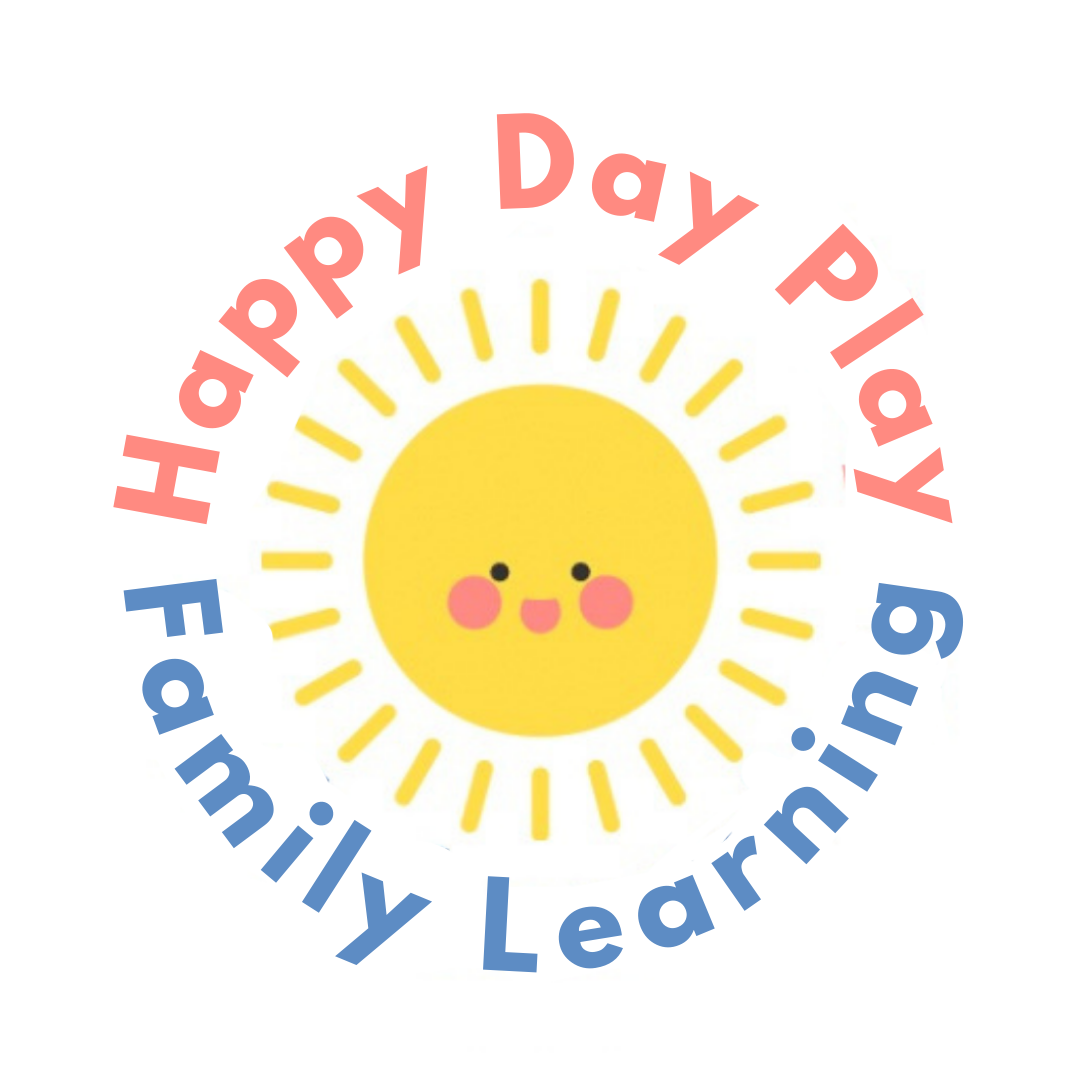Charting the Path to Wholesome Family Living: The Essence of the Ten Core Content Areas in Family Life Education
Embarking on the intricate journey of family life requires a multidimensional understanding, and Family Life Education (FLE) stands as the compass guiding individuals and families through this enriching expedition.
Within this expansive realm, ten core content areas unfold, each contributing a unique thread to the rich tapestry of holistic development for individuals and families.
1. Human Development
At the heart of Family Life Education lies a deep exploration into human development—a fundamental cornerstone. This content area delves into the intricacies of physical, cognitive, emotional, and social growth across the lifespan. By comprehending the nuanced stages of development, individuals and families gain the insight needed to tailor their approaches, ensuring a supportive environment that addresses the unique needs of each family member.
2. Parent Education and Guidance
In the grand view of FLE, parenting emerges as a central focus, deserving special attention. This content area unfurls insights into effective parenting strategies, child development intricacies, and positive discipline techniques. The infusion of knowledge empowers parents to navigate the various life stages of their children with skill, nurturing a foundation of understanding and guidance.
3. Interpersonal Relationships
At the heart of family existence, intricate bonds of interpersonal relationships intricately intertwine. FLE explores the dynamic nuances of relationships, embracing aspects such as communication, conflict resolution, and intimacy. The cultivation of effective interpersonal skills enhances the inner workings of family connections, fostering an environment that is both supportive and harmonious.
4. Family Resource Management
Efficiently managing the resources that sustain family well-being is a vital art within FLE. This content area delves into financial literacy, time management, and decision-making within the family context. Empowering families with resource management skills becomes the cornerstone of stability and resilience, fortifying them to weather life's challenges with confidence.
5. Sexuality and Family Life
Integral to family life is the open dialogue surrounding sexuality—a topic delicately addressed within FLE. This content area navigates through discussions related to sexual health, reproductive choices, and family planning. Its aim is to foster informed decision-making and open communication within families about matters that require sensitivity.
6. Family Law and Public Policy
Navigating the legal and policy frameworks that surround families is an essential skill. FLE turns its focus to family law and public policies affecting families, ensuring that individuals are well-versed in legal aspects. This knowledge equips them to advocate for their rights and navigate legal challenges effectively.
7. Ethics and Professional Practice
In the ethical realm of FLE, paramount considerations guide professional practices. This content area centers on ethical principles within the field, equipping professionals and educators with a foundation of integrity and ethical decision-making. It ensures that the path of Family Life Education is trodden with unwavering commitment to ethical standards.
8. Cultural Diversity
Celebrating the diverse makeup of families is a key tenet within FLE. This content area acknowledges and honors cultural diversity, placing emphasis on cultural competence. It encourages individuals to respect and understand the diverse family structures, traditions, and values that contribute to the rich mosaic of family life.
9. Aging and Family Life
As families evolve, the challenges associated with aging become prominent. FLE addresses issues related to aging, elder care, and their impact on family dynamics, including grandparenthood. This content area equips individuals with the knowledge to navigate the complexities of caregiving and provide support for aging family members.
10. Family Life Education Methodology
The effective dissemination of Family Life Education requires a skillful approach. This content area centers on equipping educators and professionals with effective methodologies, focusing on teaching strategies, program development, and assessment methods. By refining educational practices, FLE professionals ensure the seamless delivery of information to individuals and families.
Key Takeaways
Family Life Education stands as a guiding force through the intricate landscape of family dynamics. The ten core content areas, seamlessly working together, contribute to the creation of resilient, supportive, and thriving family environments. By embracing these key areas, individuals and families embark on a journey of enhanced understanding, honed skills, and overall well-being—a foundation for a fulfilling family life.


